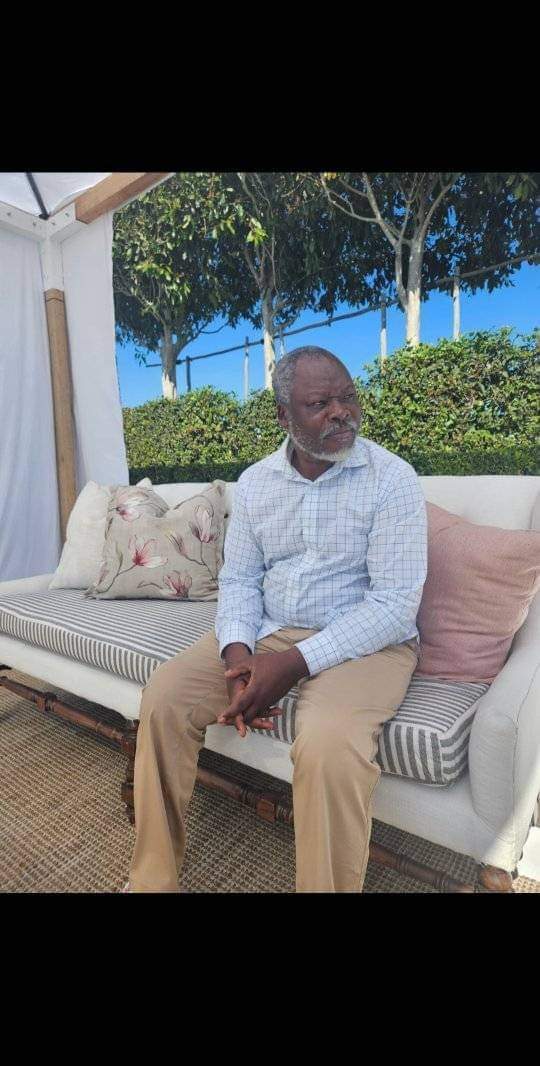Zimbabwean football icon Moses Chunga has spoken out about the recent debate over the Zimbabwe Football Association’s (ZIFA) new eligibility criteria for its chairperson. Among the new rules, candidates are now required to have at least five Ordinary Level (O-Level) passes.
Chunga, however, argued that footballers who fail to meet this academic standard should not be labeled as “madofo,” a derogatory term implying they are “dull” or “slow to understand.”
The ZIFA Normalisation Committee (NC) member, Rosemary Mugadza, has been quoted defending the new rule, saying that she was fortunate to have been given the opportunity to complete her O-Level education, which helped her advance to become a CAF instructor. Mugadza believes that footballers should take the initiative to pursue further education, noting that scholarships are available for current players.
ZIFA NC chairperson Lincoln Mutasa also defended the new educational requirement, explaining that the five O-Level passes are simply to demonstrate the ability to read, write, and communicate effectively—skills essential for representing Zimbabwe at international levels such as CAF and FIFA.
However, Chunga countered these arguments by acknowledging that many footballers, especially those from previous generations, lack the required qualifications not due to a lack of intelligence, but because they were forced to choose between focusing on their football careers or formal education. He emphasized that many young players dedicated their teenage years to developing their athletic talents, often at the expense of their schooling.
Reflecting on his own experience, Chunga recalled starting his football journey at the age of eight with Lytton Primary School’s B team, and how, throughout his childhood, football was his primary focus. He highlighted that a footballer’s peak physical and mental development takes place between the ages of 6 and 18, which is when most players dedicate themselves to mastering skills such as speed, endurance, and technique. Unfortunately, this is also the time when formal education demands a student’s attention, often forcing players to make the difficult choice between excelling in their sport or in the classroom.
Chunga concluded by urging people not to rush to judgment about footballers’ intelligence or worth based solely on their academic qualifications, noting that these athletes have devoted countless hours to training and entertaining the public. He called for greater understanding and respect for their sacrifices.
In addition to the academic requirements, another contentious change in ZIFA’s eligibility criteria is that presidential candidates must have lived in Zimbabwe for at least two years prior to the election.
ALSO READ ; Discovery Life Seeks to Recover R16 Million from Accountant Over False Disability Claims

For comments, Feedback and Opinions do get in touch with our editor on WhatsApp: +44 7949 297606.
